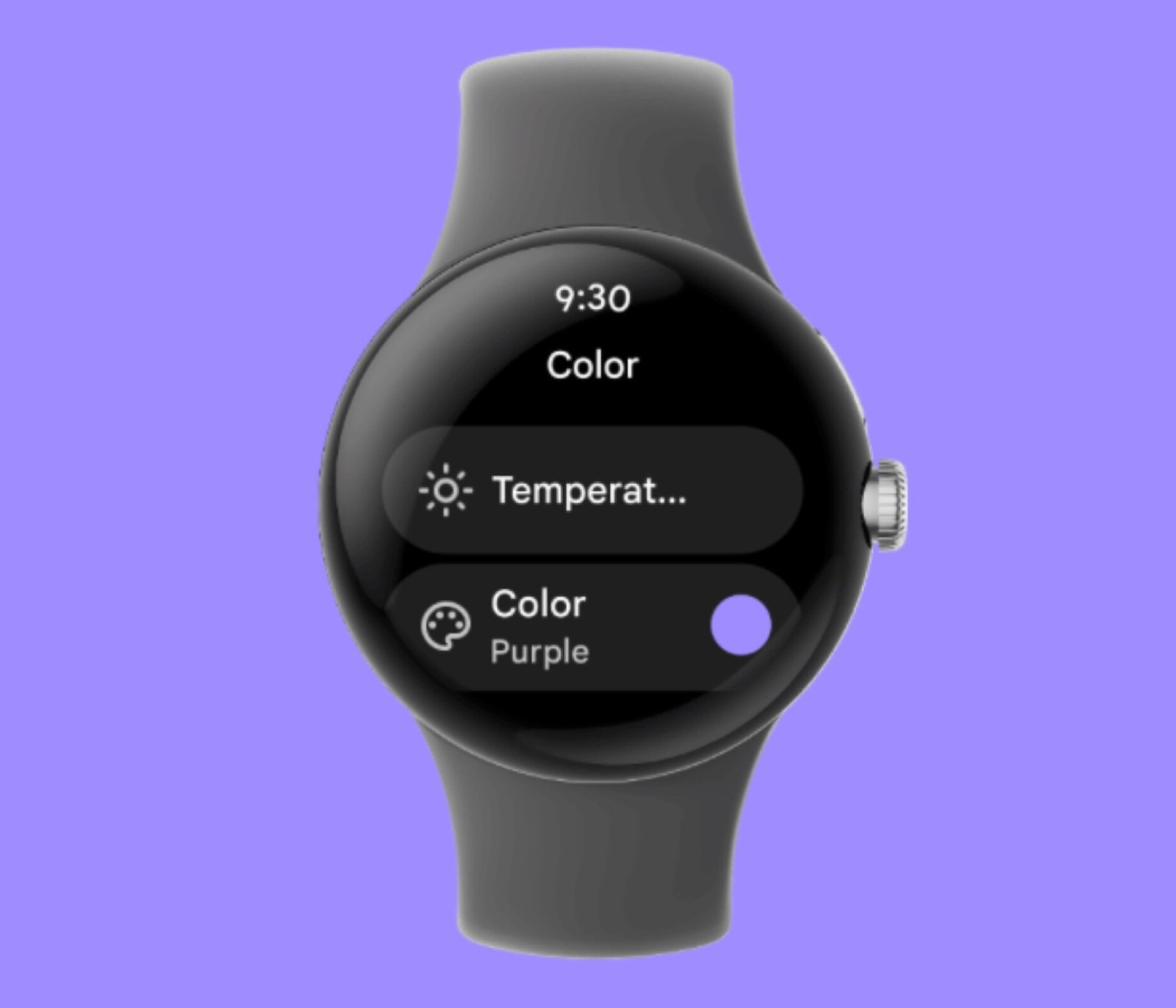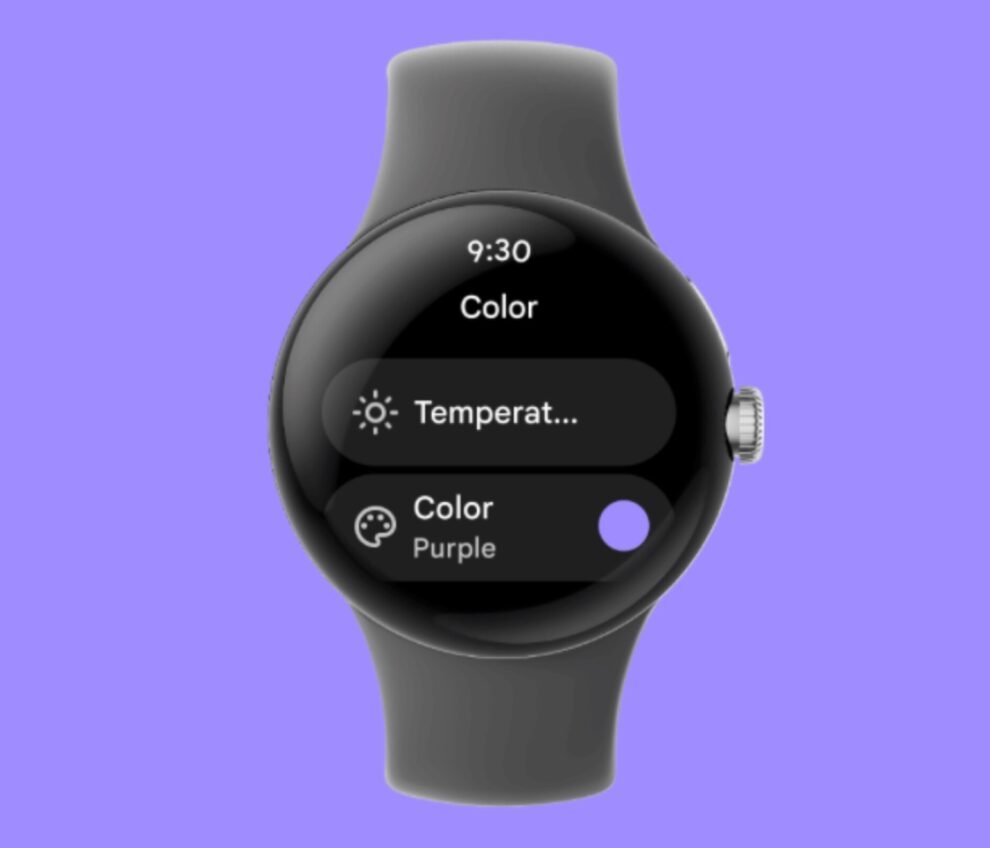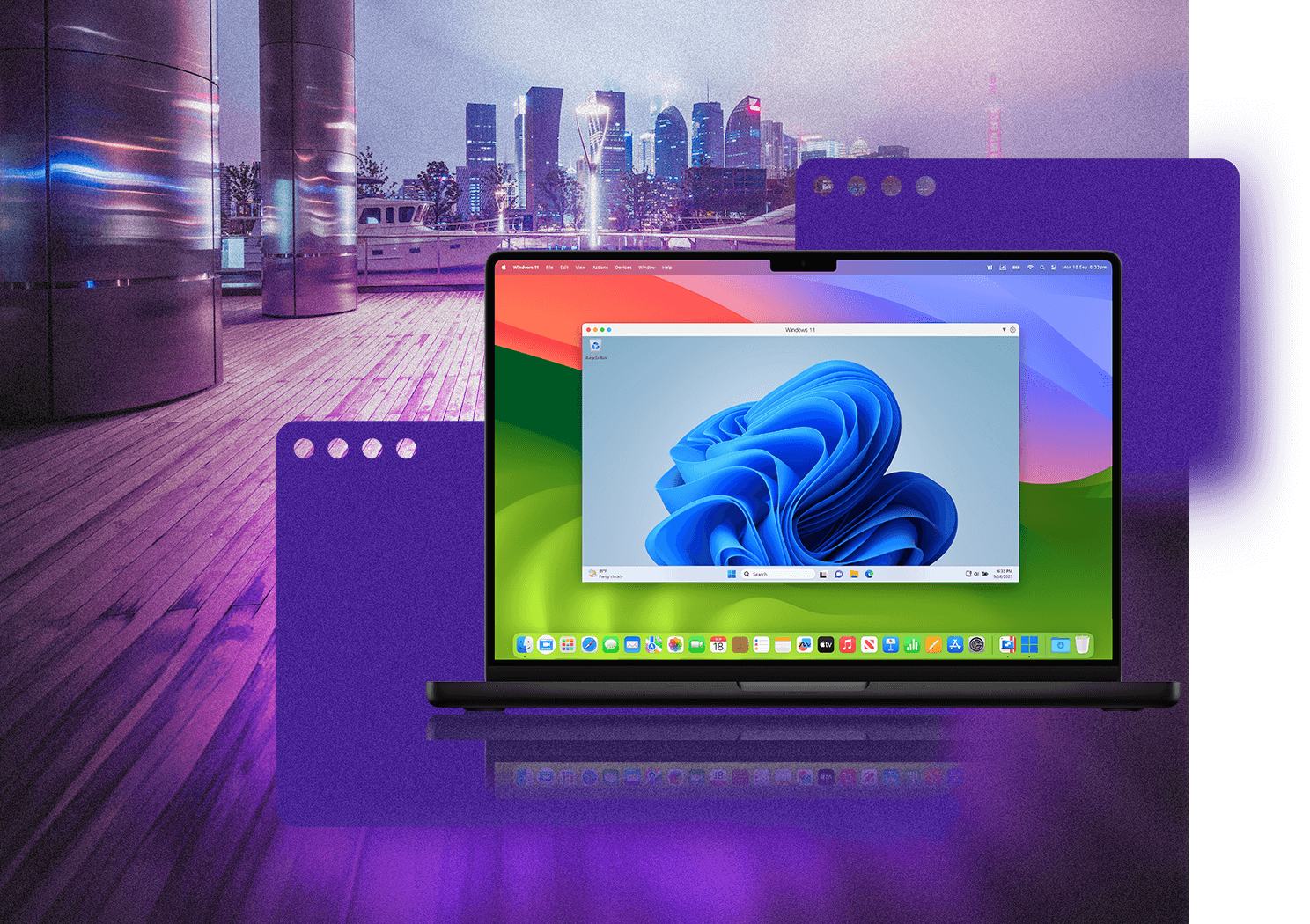Google’s latest update to its smartwatch operating system, Wear OS 4, introduces significant improvements aimed at enhancing battery life and the overall user experience for its users. This revamp comes as a part of Google’s continuous efforts to refine its offerings in the competitive smartwatch market, making Wear OS watches more appealing to users with its advanced features and optimizations.
Key Highlights:
- Improved Battery Life: One of the standout features of the Wear OS 4 update is its focus on extending the battery life of smartwatches. This is a crucial enhancement that addresses one of the most common concerns among smartwatch users.
- New Watch Face Format: The introduction of a new Watch Face Format allows developers to create more diverse and customizable watch faces, including both digital and analog designs.
- Enhanced Accessibility Features: With new and improved accessibility features, such as a quicker and more reliable text-to-speech engine, Wear OS 4 aims to be more inclusive.
- Easier Device Switching: The update simplifies the process of switching smartwatches by enabling backup and restore support, making it seamless to transfer data and settings from an old watch to a new one.

Improving Battery Life
The primary focus on extending battery life in the Wear OS 4 update represents a significant step forward in making smartwatches more efficient and user-friendly. By optimizing the system’s power consumption, users can expect their devices to last longer between charges, thereby enhancing the overall user experience.
Customization and Accessibility
The new Watch Face Format not only enriches the customization options available to users but also empowers developers to innovate and create a wider variety of watch faces. This, coupled with the improved accessibility features, ensures that Wear OS watches cater to a broader audience, including those with different needs and preferences.
Seamless Transition Between Devices
Recognizing the importance of a hassle-free user experience, Wear OS 4 introduces backup and restore support for an easier transition between watches. This feature is particularly useful for users upgrading their devices, as it ensures a smooth and secure transfer of personal data and settings.
Conclusion
The Wear OS 4 update marks a significant milestone in Google’s journey to refine and enhance its smartwatch operating system. With a strong emphasis on improving battery life, increasing customization and accessibility, and simplifying device transitions, Wear OS 4 is poised to offer a more compelling and user-friendly experience for smartwatch users. As Google continues to unveil more features and details in the coming months, it’s clear that Wear OS 4 represents a thoughtful step forward in addressing the needs and expectations of today’s smartwatch users.


















